Sorce: Laiforum Mail of 19 May 2009 Akong: Chin Common Language kong ceihhmaimi There are two groups in the current Chin language issue, (1) Anti-Halkha dialect, (2) Pro-Halkha dialect. First of all, I do not believe that you Anti-Halkha dialect peoples are that much. And it would be a good picture for those peoples that the numbers of Pro-Halkha dialect proples are growing because educated young peoples are realizing that language issue no longer a problem for them. Even from Tedim and Falam townships, there are so many moderate peoples who are Pro-Halkha dialect. Besides, they are more educated and more patriotic, more advocating building our nation. Peoples from our younger generations have come to realize and appreciate Halkha capital as a conerstone for being a nationhood and the importance of its sovereignty.. For that reason, your anti-Halkha dialect argument might be very helpless and fruitful.
Dear Ben,
I answer your mail as other friends are keeping quiet and as you seem still confused on this.
First of all I want to remind you that your grandpa Lt.Col. Phu Kung was the only Chin army officer who was against the Chin army to get involve in the war between Burmese and Karen in 1949 and who never regretted for losing his job till the end of his life and also who denied when he was persuaded several times to rejoin Burma army with the rank of Col. He did so because he knew real politics. Had the rest of the then Chin army officers accepted his idea of staying neutral, would today's Chins' situation have been totally different from the one we live under SPDC. That is the importance of how to see future politics.
Though there are many things, I will tell you only about three things that you insisted here. Whenever you mention about Chin capital, you should not blame or praise the Hakas, 'cause the man who moved the then Chin Oo syi office from Kalemyo to Haka was G. Ne Win. I tell you this because I saw him with my red eyes explaining for some of the then UB ministers on where to locate the capital's main office and the quarters, and so on and so forth during their last visit to Haka with PM U Nuh in the year 1960-'62.
Falam was the district hq for Northern Chin State and Midat was for the Southern Chin State. The capital's office (Chin Oosyi) was in Kalemyo. Our late Pu Vum Son clearly mentioned that Chin Oosyi office was moved from Kale to Haka because Burmese people in Kale demonstrated against the existence of the Chin Oosyi office in Kalemyo.. As Chin people were out dated in politics none of them never tried to know who was behind that demonstration.
G. Ne Win was trying (might be, 1. to show his gratitude to Chin armies for protecting UB several times from falling into the hand of rebels, 2. wanted to see Chin state developed like other states in Burma, 3. wanted the whole Chin people to support his policy, etc.) to develop Chin state during 1960s and '70s. As none of them did really know on how to develop Chin state he followed exactly according to the British planned development.
As soon as Chin Oosyi office was moved to Haka, he gave a lot of money to the first Chin state's Revolutionary party Chairman Pu SKL to pave tarmac road from kalemyo to Haka. Pu SKL wrote a letter to G.NW that he wanted to pave the tarmac to Thuklai, his native town of Siyáng. G.NW replied his letter that that tarmac road should be paved from Kalemyo to Haka, but not to Thuklai. Pu SKL paved the tarmac from Kalemyo to Taingen, junction to Haka and Thuklai and sent all the money back to central office.
G. NW gave 100 bedded hospital to Haka, but as all top ranking officers were only from Tedim-Siyáng and Falam, they divided it into pieces, 25 bedded each to different towns. G.NW again gave order to the capital, Haka to construct an airport. However as Tedim and Falam also wanted to have such airport that plan was later canceled. G.NW granted lots and lots of money to construct different departmental offices and quarters, but only few of them are in existence. ------------------------------ "Serve with gladness" |
Friday, May 22, 2009
Discussion on Chin Common Language
Subscribe to:
Post Comments (Atom)

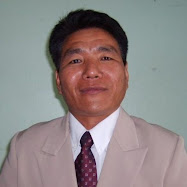
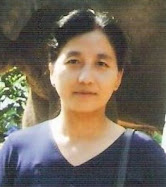
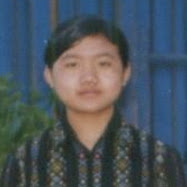
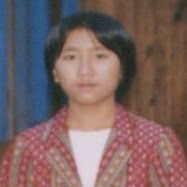
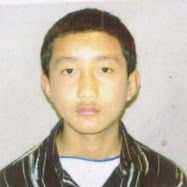
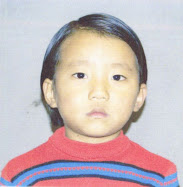

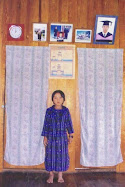
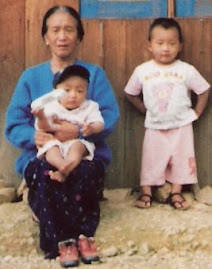
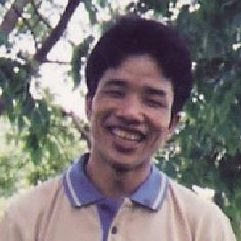
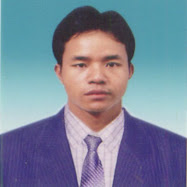
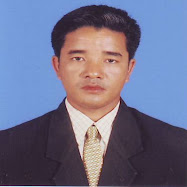



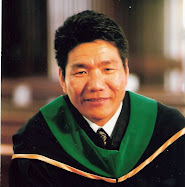
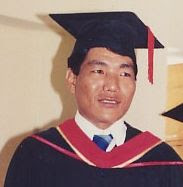
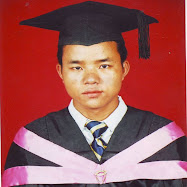
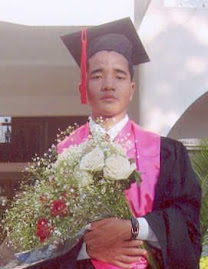


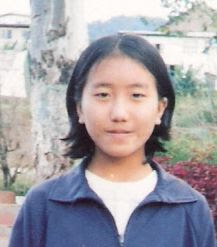
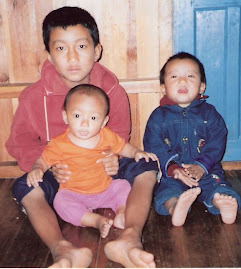

No comments:
Post a Comment